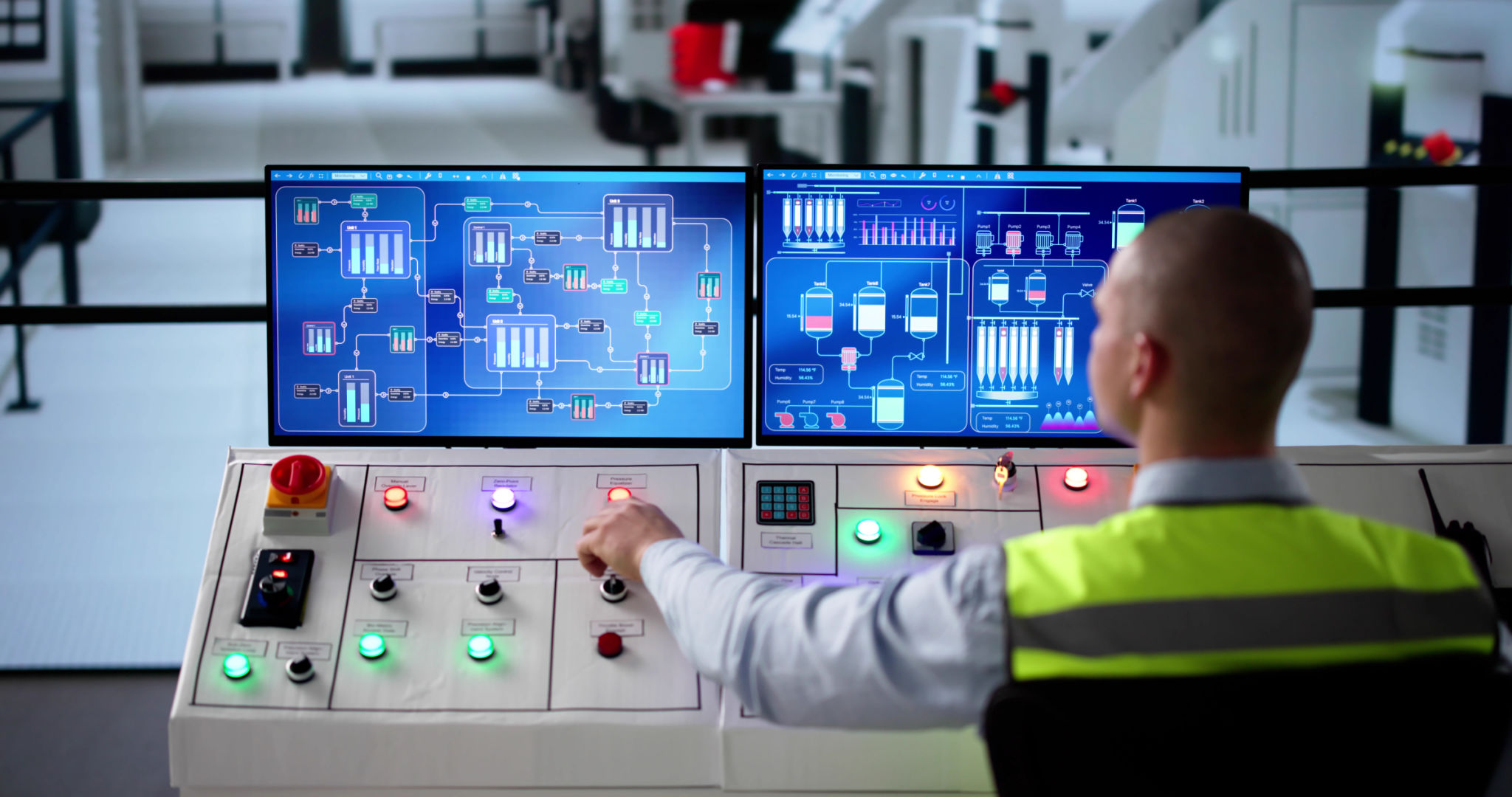Top Myths About Industrial Control Systems Debunked
Understanding Industrial Control Systems
Industrial Control Systems (ICS) are critical components in various sectors, including manufacturing, energy, and transportation. Despite their importance, numerous myths surround these systems, often leading to misunderstandings or mismanagement. In this post, we aim to debunk some of the most common myths about ICS, providing clarity and insights into their true nature and functionality.

Myth 1: Industrial Control Systems Are Fully Automated
One of the most prevalent myths about ICS is that they are entirely automated. While automation plays a significant role in these systems, human intervention is still necessary. Operators and engineers are essential for monitoring processes, troubleshooting issues, and making critical decisions that machines cannot handle alone.
Automation enhances efficiency and accuracy, but it is not a replacement for human expertise. The synergy between automated processes and human oversight ensures optimal performance and safety.
Myth 2: ICS Are Immune to Cyber Threats
Another common misconception is that Industrial Control Systems are immune to cyber threats due to their specialized nature. However, the reality is that these systems are increasingly becoming targets for cyber-attacks. As ICS become more interconnected with corporate IT networks, they are exposed to similar vulnerabilities.

Implementing robust cybersecurity measures is crucial for protecting ICS from potential threats. This includes regular updates, employee training, and employing advanced security protocols to safeguard sensitive data and operations.
Myth 3: All ICS Are the Same
Many believe that all Industrial Control Systems are identical, but this couldn't be further from the truth. ICS vary significantly based on their applications and industry requirements. For example, the systems used in a power plant differ from those in a water treatment facility or a manufacturing plant.
This diversity necessitates tailored approaches to maintenance, security, and operation to ensure each system functions effectively according to its specific context and needs.
Myth 4: Upgrading ICS Is Not Necessary
Some organizations operate under the false assumption that once installed, Industrial Control Systems do not require upgrades. This myth can lead to outdated systems that are less efficient and more vulnerable to failures or cyber threats.

Regular upgrades are crucial for maintaining the performance and security of ICS. Advances in technology can provide enhanced capabilities, improved efficiency, and better protection against emerging threats.
Myth 5: ICS Are Only for Large Enterprises
There's a perception that Industrial Control Systems are only suitable for large corporations with extensive operations. However, ICS can benefit businesses of all sizes. Small and medium-sized enterprises can leverage ICS to enhance productivity, ensure quality control, and reduce operational costs.
The scalability of modern ICS allows businesses to implement solutions that align with their size and requirements, making them accessible to a wider range of industries.
Conclusion
Dispelling myths about Industrial Control Systems is essential for understanding their capabilities and limitations. By recognizing the importance of human oversight, acknowledging cyber threats, appreciating system diversity, committing to regular upgrades, and embracing scalability, businesses can fully harness the potential of ICS. Properly managed and understood, ICS can significantly contribute to operational excellence and security across various sectors.